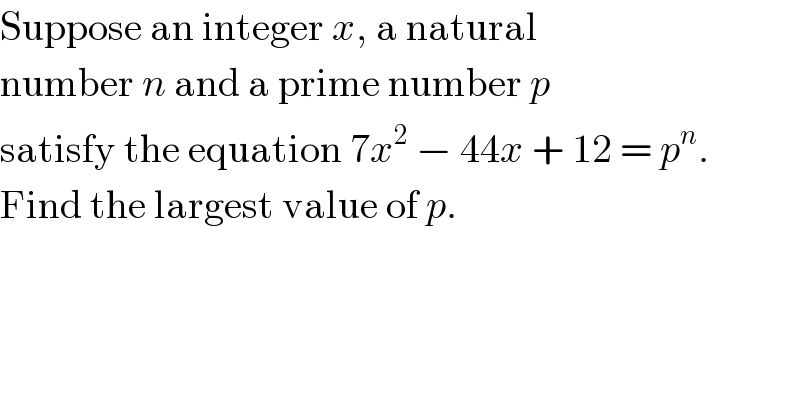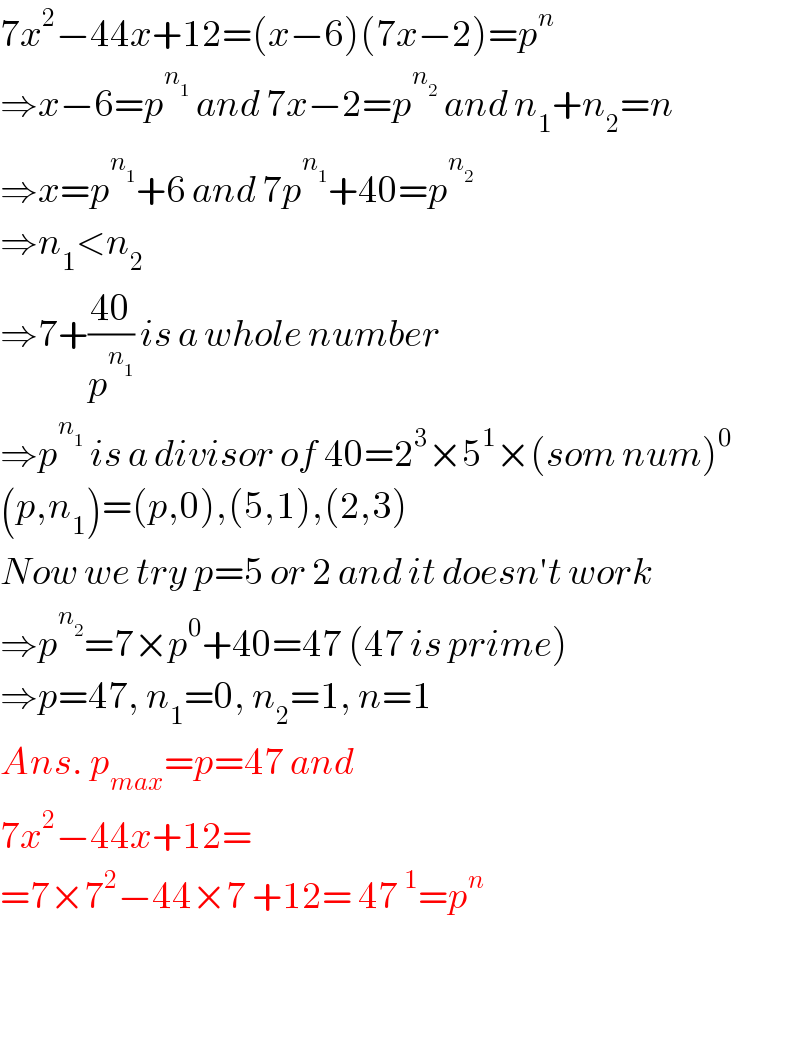
Question and Answers Forum
Question Number 21200 by Tinkutara last updated on 15/Sep/17

Commented by mrW1 last updated on 16/Sep/17

Answered by alex041103 last updated on 16/Sep/17

Commented by Tinkutara last updated on 16/Sep/17

| ||
Question and Answers Forum | ||
Question Number 21200 by Tinkutara last updated on 15/Sep/17 | ||
 | ||
Commented by mrW1 last updated on 16/Sep/17 | ||
 | ||
Answered by alex041103 last updated on 16/Sep/17 | ||
 | ||
| ||
Commented by Tinkutara last updated on 16/Sep/17 | ||
 | ||